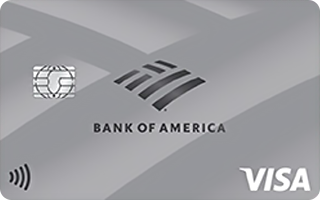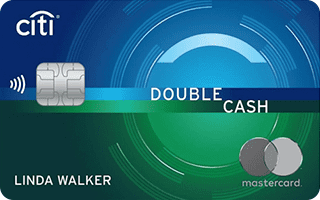Both the Bank of America® Unlimited Cash Rewards Credit Card and the Citi Double Cash® Card offer enticing cash back rewards and no annual fee, making them strong contenders for your wallet. However, the Citi Double Cash Card edges ahead with its straightforward 2% cash back on all purchases, which can be particularly rewarding for those who prefer a no-fuss rewards program.
The BofA Unlimited Cash offers a 0% introductory APR on purchases and balance transfers. But the Citi Double Cash Card's higher overall cash back rate may provide more long-term value. Consider the BofA Unlimited Cash if the introductory APR offer aligns with your immediate financial needs.

















